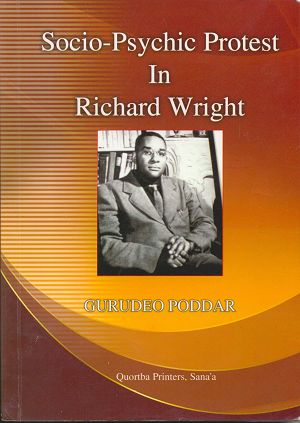Dec 13, 2025
Dec 13, 2025
 A Guggenheim Fellowship in 1939 enabled Richard Nathaniel Wright (1908-1960) to complete his novel Native Son which is considered a monumental achievement in the world of fiction. The novel earned Wright the "reputation as a protest writer who dared to expose the stresses and pathologies of the urban ghettos" and in addition to that "both critical acclaim and commercial success simultaneously." A masterpiece, his Black Boy, published in 1945, prompted Ralph Ellison to greet Wright as a "black boy singing lustily as he probes his own grievous wounds" and predicted that the book would " do much to redefine the problem of the Negro and American Democracy" (Gates Jr., & McKay Eds.,1997: 1377-79).
A Guggenheim Fellowship in 1939 enabled Richard Nathaniel Wright (1908-1960) to complete his novel Native Son which is considered a monumental achievement in the world of fiction. The novel earned Wright the "reputation as a protest writer who dared to expose the stresses and pathologies of the urban ghettos" and in addition to that "both critical acclaim and commercial success simultaneously." A masterpiece, his Black Boy, published in 1945, prompted Ralph Ellison to greet Wright as a "black boy singing lustily as he probes his own grievous wounds" and predicted that the book would " do much to redefine the problem of the Negro and American Democracy" (Gates Jr., & McKay Eds.,1997: 1377-79).
02-Feb-2012
More by : Prof. Dr. Anil K. Prasad